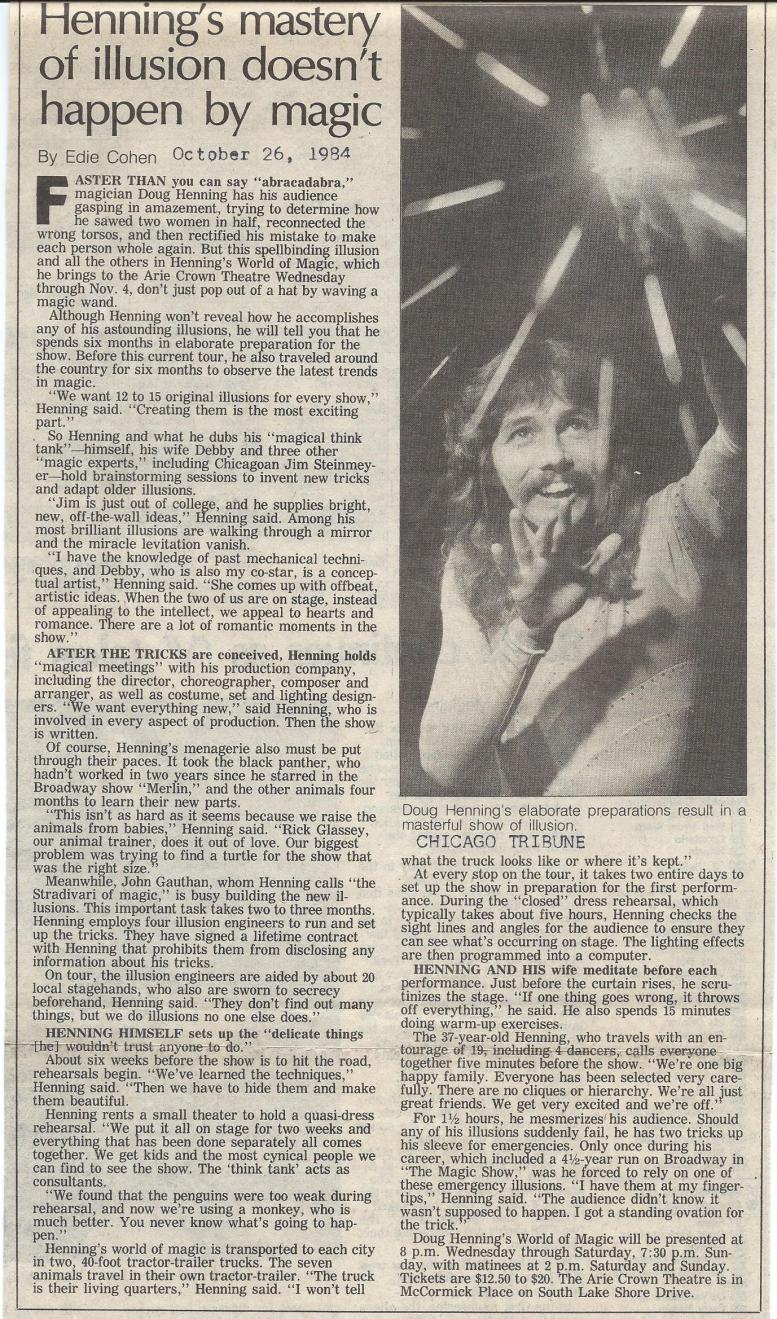I didn’t know, when I first requested to read Orphans of the Carnival on Netgalley, that it was the fictionalized version of the life of Julia Pastrana, an accomplished singer, musician and dancer, who by the cruel twist of fate, was dubbed the “missing link” between ape and man. Some people, in fact, refused to believe that she was human at all. She had a genetic condition which caused her entire body and face to be covered with straight, black hair. She also had gingival hyperplasia, which thickened her lips and gums, giving the impression that they were jutting out.
Born in Mexico, she eventually came to the US, and thereafter, she toured and performed with carnivals and sideshows around the world in the 19th century. She eventually married her manager Theodore Lent. Unfortunately, she died in childbirth, after which Lent preserved, stuffed and displayed her and their child’s dead bodies.

In Carol Birch’s retelling of this unique life history, Julia’s life story is interspersed with glimpses from the life of Rose, a highly eccentric woman, who collects all sorts of odds and ends. She stores every one of her fallen eyelashes, for instance. How Julia’s life and Rose’s intersect becomes heart-achingly clear only at the very end.
To Birch’s credit, she brings both women to life beautifully. However, it is her Julia who shines. Her Julia can retort, when someone wonders if she is an ape, that she cannot be one because,”I speak French and English and Spanish. An ape doesn’t speak French and English and Spanish.”
And yet there are heartbreaking moments where she wonders, “Am I actually human? And if I’m not, what does it mean? Ape woman, bear woman,human.Thing. Still me, still the Julia creature.”
It is infuriating to the reader when one reads about people, especially the men around her who insist that she doesn’t know what she wants, or that she shouldn’t go out alone. And because Birch gets us to empathize with Julia, and gets us to see her for the amazing person she is, it is doubly infuriating when Julia herself keeps mentioning that she doesn’t understand or doesn’t want to manage money and contracts. It is other carnival performers, Myrtle and Delia, who exhort her to develop the smarts she needs with reference to her finances, to ask for and get a proper contract.
The novel thus becomes more than just a retelling of her life. It becomes a commentary on our ableist expectations. It is a critique of a society that judges on appearance and not accomplishment.
A lot of the vocabulary that people use around Julia is extremely ableist–they are constantly surprised that she can do things like talk and sing and dance. I would therefore put in a content warning for ableist language here. Also, there is a point where Julia is threatened physically, and this scene with it’s subtle menace and violence was quite disturbing.
Where the novel does suffer a bit, is the pacing. It lags quite a bit and gets repetitive every now and then. However, it never got so bad that I had to give up on the book altogether.
In the end, it is Julia who holds this book together. Read this for her, and for Birch’s beautiful writing.
Have you read this book? What did you think of it? Did you already know about Julia Pastrana? Let me know in the comments!
FTC disclaimer: I received an ARC of this book from the publisher via Netgalley in exchange for this honest review.
Author Bio: http://www.penguinrandomhouse.com/authors/2356/carol-birch
Advertisements Share this:- More





